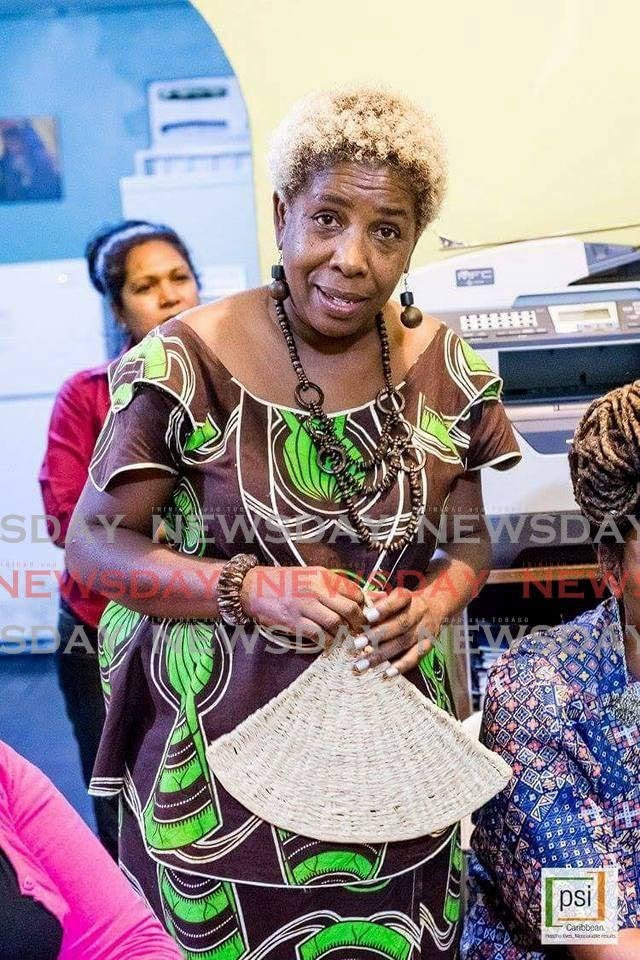Road Map to Recovery – business as usual

FOLADE MUTOTA
DO I SUPPORT Government’s strategies to meet its stated objective to “save lives?” Yes I do. Do I support Government’s social relief programme? Yes I do. Do I think that the Government has employed its best efforts at communicating to the population? Yes I do. Do I think that this crisis requires all of us to protect and support ourselves and each other? Yes I do. Do I think that there are alternative approaches which the Government could use to manage the population and the risks we face as a result of this pandemic? Yes I do.
It has not been lost on me that the Government has chosen a path of securitisation, much like many other governments worldwide, in its management of the pandemic, or, more precisely, its fight against covid19. I understand the intent of such an approach by a government which is trying to manage the unknown while protecting its population with reduced resources in a turbulent political environment.
I also understand that such an approach gets political attention, at home and abroad, and can attract much needed resources from donor partners afar as the crisis is framed as a health issue which is inherently a risk to all levels of security, ie, human, national, and international.
What the Government has not demonstrated is its commitment to a people-centred human security approach with a gender lens. Welfare and relief grants are insufficient. What is needed is empathy, and soft-spoken derision is not empathy.
Our leaders and institutions must communicate a genuine caring and understanding of the population’s fear, anger, confusion, anxiety, depression, and rejection of the unknown.
Our public institutions must develop operational responses steeped in the reality of our current situation and not rely solely on the uncompromising hand of the law. Empathic leadership must be the order of the day because we are all only as safe as the most vulnerable among us.
Government’s approach to managing the pandemic is consistent with its governance model (and a global model) in which the Government makes policy and the population is expected to comply. If we get vex enough we put fire on the barbergreen or on social media and a palliative response is extracted.
There is no mechanism for citizen participation in governance and even in this time of crisis, in which the Prime Minister assures us that we have to “build a new pathway,” there is an inability to envision a meaningful and structured engagement for citizen participation in decision-making about how we can save lives and grow our economy.
This pandemic has laid bare the multiple inequalities in our present structures and norms. This is the time to make change. The composition of the team to design the Road Map to Recovery mirrors the dominant thinking around how people and society should be managed.
The Government has signalled its understanding of governance and its priorities but we must agree that if even, in the midst of all of us applauding our “essential workers” and acknowledging how various sectors impact the quality of our lives, we can still be presented with a healthy dose of business and academics and a splash of public interest to design the “architectural shape, engineering structure, and hope for the people of TT” it is quite possibly because the majority of us accept this model as the best leadership.
I can make a thousand arguments for why more women should be on this team but I think if you do not get the philosophy right then you will never get the required numbers and the problem is that the philosophy which birthed the team is not right. It is not a human-centred philosophy with a vision of a more just, equitable and inclusive future. People matter and that should be the mantra of our leaders.
Gendered roles bring a disproportionate burden of care on women and in this period the demands on women’s time, health and well-being have increased, and we all knew this would happen. Gender-based violence expectedly has increased and the provisions for protecting women and girls have fallen short.
In this time of self-isolation and social distancing, it has become more apparent how hugely important the caring economy is and guess who are the majority carers putting themselves at risk? The majority of the workers in the service sector are women who now have to find more innovative ways to provide for their families and keep them safe.
There cannot be a robust productive sector without a stable reproductive sector. Women are the majority of the NGO leadership in this country and that is the sector that leads on innovation in social development. All these arguments and more can be advanced in support of increased women’s participation on the team but not even the Minister of Gender and Child Affairs made it on to the team. The philosophy is wrong.
Women do not call for representation because we want to make up numbers. We call for representation because it is our right to be there and we have worked to introduce and manage most of the most innovative and forward-thinking policies and programmes in this country. The philosophy is wrong.
What is needed in our covid19 response is participatory governance and meaningful structured public discourse. Our democracy can be strengthened if we take this opportunity to “build a new pathway.” Continuing to frame our response to the pandemic as “fighting a war” confines us to business as usual.
The Prime Minister is right when he says “we have a resilient population.” Let us tap into the collective genius of that resilient population for the answers to our shared future. The Road Map to Recovery belongs to all of us. A more diverse team is required. Get the philosophy right.


Comments
"Road Map to Recovery – business as usual"